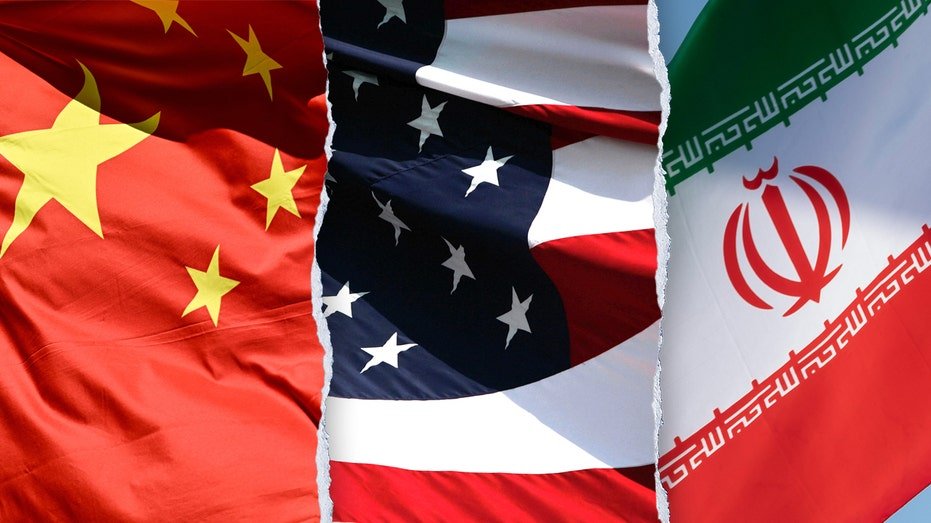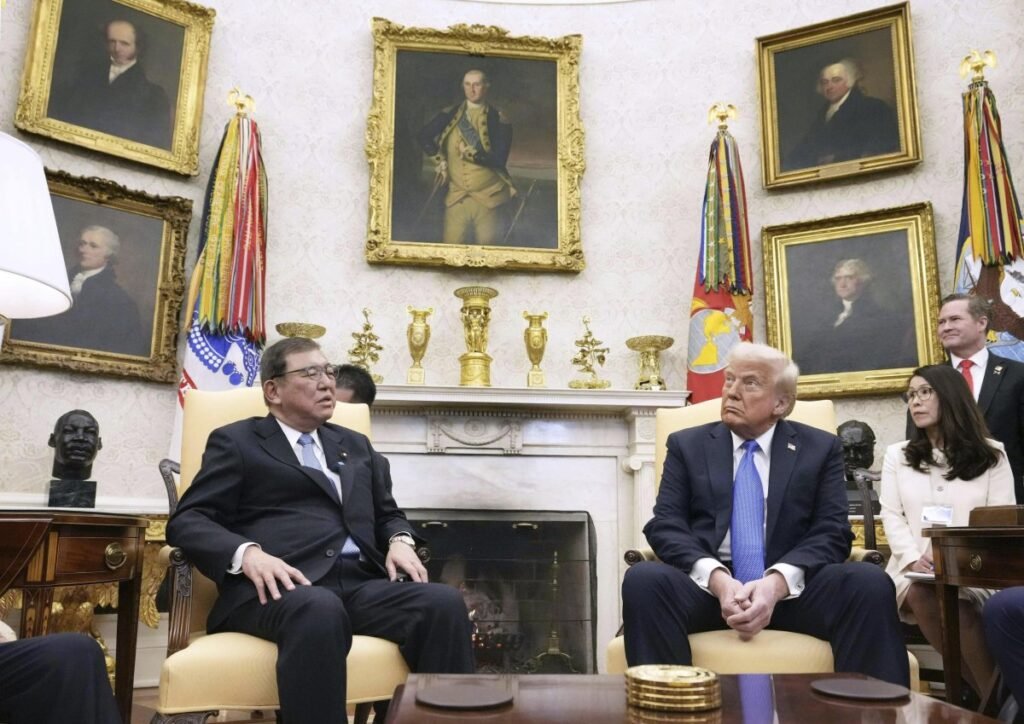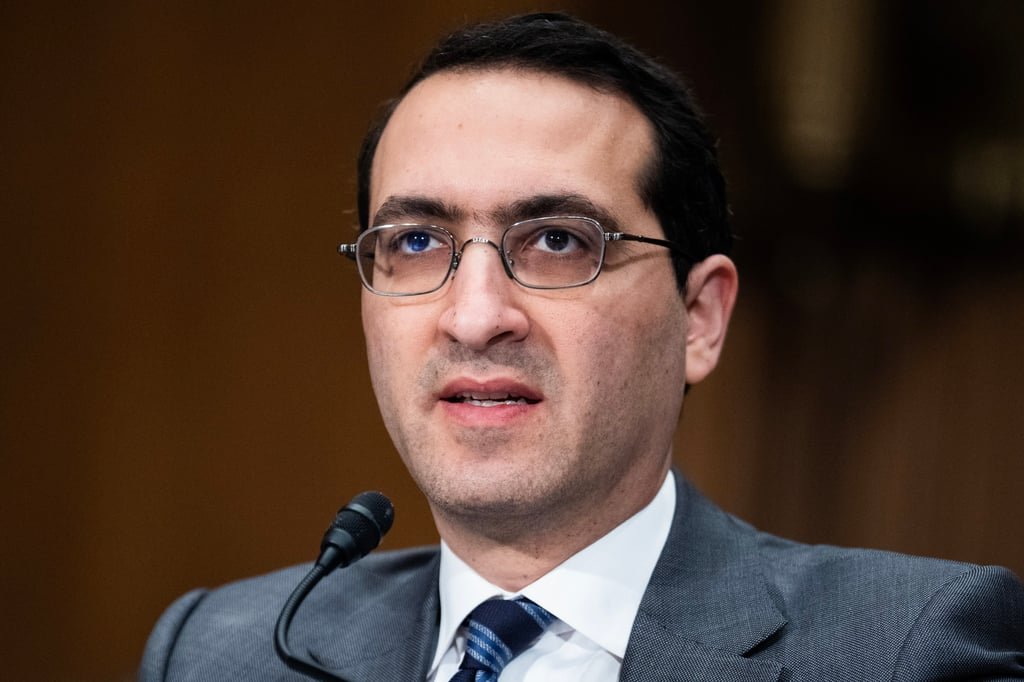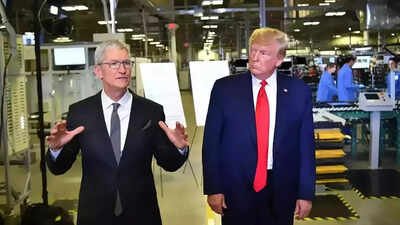
The U.S. continues to enforce strict restrictions on chip exports to China. According to CNN, NVIDIA CEO Jensen Huang says the company will no longer include the Chinese market in its revenue and profit forecasts, adding that he does not expect U.S. export controls to be lifted.
U.S. restrictions on NVIDIA’s H20 chips—its only AI processors approved for export to China—have taken a toll on the company. NVIDIA recorded a USD 2.5 billion loss in H20 chip sales during the first quarter of fiscal 2026 (ended April 27, 2025) and expects to forgo another USD 8 billion in the second quarter due to export restrictions, according to Reuters. The company also reported a USD 4.5 billion inventory-related charge tied to the H20 ban—though lower than its initial USD 5.5 billion estimate—as noted by CNN.
However, NVIDIA still posted USD 4.6 billion in H20 chip sales during the first quarter, with China contributing 12.5% of total revenue for the period. Reuters notes that Chinese customers had accelerated purchases to stockpile H20 chips ahead of the export restrictions.
What Might be NVIDIA’s Plan Amid Persistent H20 Ban
When asked whether the H20 ban might be lifted, National Economic Council Director Kevin Hassett tells CNBC that President Trump may ease certain microchip restrictions, but will maintain a tight grip on “very, very high-end” NVIDIA AI chips.
With no more room to tweak Hopper and no likely recovery for H20, TrendForce notes that NVIDIA is expected to launch a special low-power, downscaled version of the RTX PRO 6000 (formerly B40) for the Chinese market.
This model will reportedly replace the originally planned HBM memory with GDDR7 and could debut as early as the second half of 2025. NVIDIA remains heavily reliant on Samsung-manufactured GDDR7, according to TrendForce.
Huang: U.S. Chip Controls May Boost China’s AI Development
Meanwhile, Huang has criticized U.S. export controls on AI chips, warning that continued restrictions on sales to China could enable Huawei to strengthen its foothold in the world’s second-largest economy, CNBC notes. He states that while U.S. technology remains a generation ahead of China’s, if the U.S. chooses not to engage with the Chinese market, “Huawei has China covered,” according to CNBC.
Read more
(Photo credit: NVIDIA)








